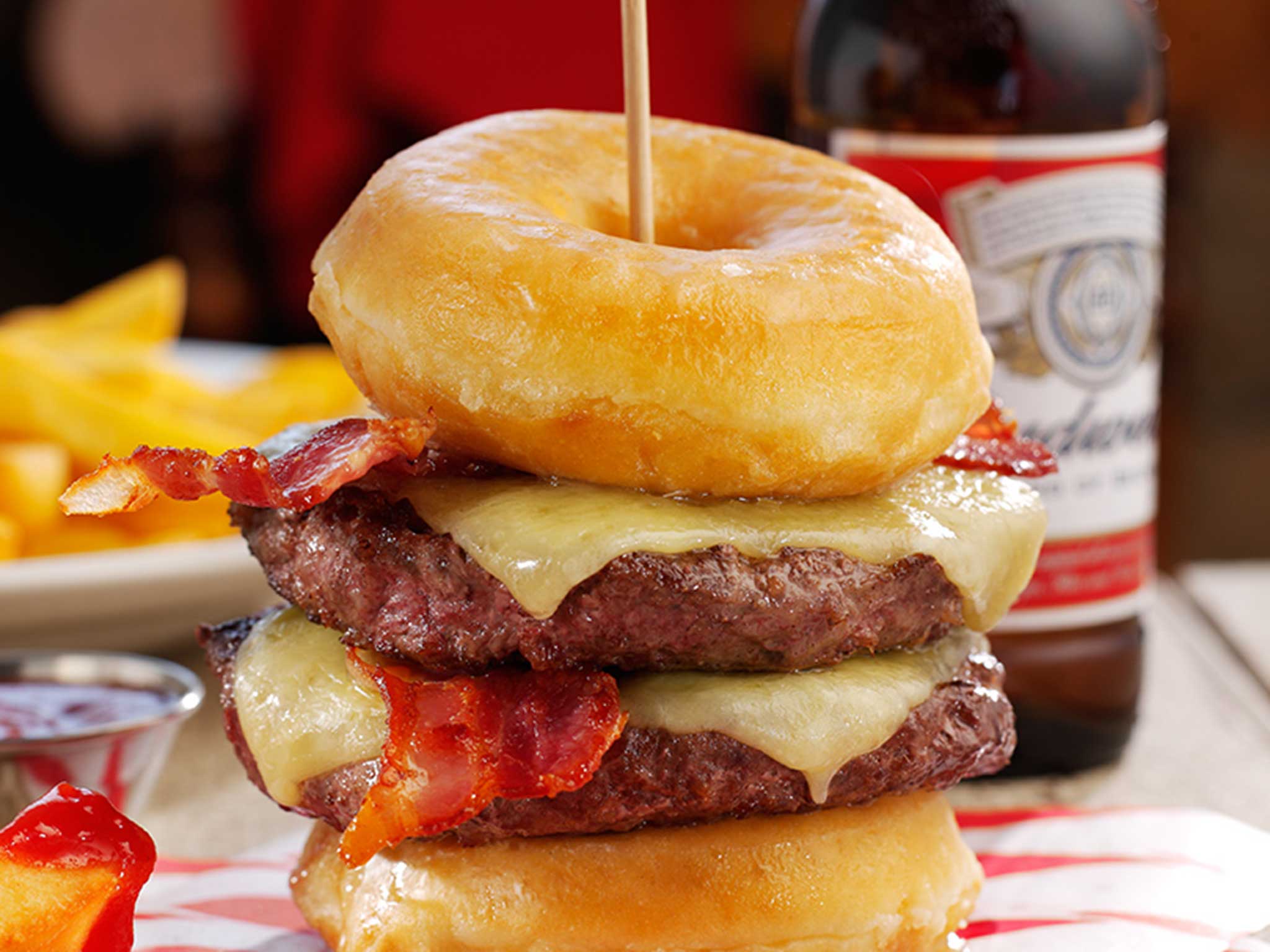Too much information can put us off our food
"Calorie counting was a punishing and all-consuming obsession"

Your support helps us to tell the story
From reproductive rights to climate change to Big Tech, The Independent is on the ground when the story is developing. Whether it's investigating the financials of Elon Musk's pro-Trump PAC or producing our latest documentary, 'The A Word', which shines a light on the American women fighting for reproductive rights, we know how important it is to parse out the facts from the messaging.
At such a critical moment in US history, we need reporters on the ground. Your donation allows us to keep sending journalists to speak to both sides of the story.
The Independent is trusted by Americans across the entire political spectrum. And unlike many other quality news outlets, we choose not to lock Americans out of our reporting and analysis with paywalls. We believe quality journalism should be available to everyone, paid for by those who can afford it.
Your support makes all the difference.From January 2015, the University of Exeter will introduce nutritional information to menus in catering outlets across campus. Great news for students with specific dietary requirements - but perhaps not so great for those already suffering from unhealthy calorie-counting habits.
Of course, it makes sense that consumers can keep track of what they eat. Besides supporting those with allergies and conditions such as diabetes, this information helps highlight sensible options for those wanting to cut down on calories. But does bombarding diners with numbers really encourage healthy attitudes towards food? As a student recovering from an eating disorder, I know too well the dangers of a life dictated by calories. Once formed, habits of label-checking and adding up to ensure you stay within your "recommended daily allowance" are not easily broken.
An Exeposé survey back in May found more than two thirds of Exeter students were concerned about a friend's eating habits. University seems to come at a time when we are most vulnerable to eating disorders. So while this move has its benefits, the risk of encouraging fixation on calorific values shouldn't be overlooked - especially when catering to students.
When asked whether the benefits of displaying calorie information outweighed potential risks, Mark Sawyer, Head of Wellbeing Services at Exeter said: "An in-depth understanding of calorie content is not unusual." For students with eating disorders, further information presented in this way is already likely to be well-known. And it's true: in the depths of my disorder, I'd research and memorise online calorie information for most restaurants I visited. But during recovery, I could choose to refrain - and eating out became liberating. I knew the food would be more calorific than my restricted portions but the absence of numbers made it easier to accept this fact. Likewise, in catered university halls with no calorie counts in sight, I'd treat carrots as carrots, quiche as quiche, and my progress was incredible. Yet a family meal at Harvester became immensely challenging when the menus were handed out. An environment where numbers loom from every angle and even the salad dressings bear labels such as "(58kcal per ladle)" can be uncomfortable for someone struggling to extricate themselves from this world of counting.
When I contacted Mind Your Head, Exeter's mental health awareness society, a former sufferer told me calorie counts "made the process of eating out so much more difficult". The person suggested "having access to the information online would be a better option so people have a choice in whether they want to access this information or not".
"During my own struggle with anorexia, calorie counting was a punishing and all-consuming obsession, that was, to an extent, facilitated by how readily available this information was," another member admitted. "What's more, I could carry out this distressing process inconspicuously. But we need to consider whether this information will benefit the majority. If calorie counts are being used by chains as a positive measure, university should follow this lead."
So yes: it seems we're all in favour of nutritional information being available. But equally, I do believe there should always be an option to view menus without this information. Outlets should cater for those who simply want to enjoy a break from their usual routine. For those who want their food to be about nourishment, not numbers.
Join our commenting forum
Join thought-provoking conversations, follow other Independent readers and see their replies
Comments